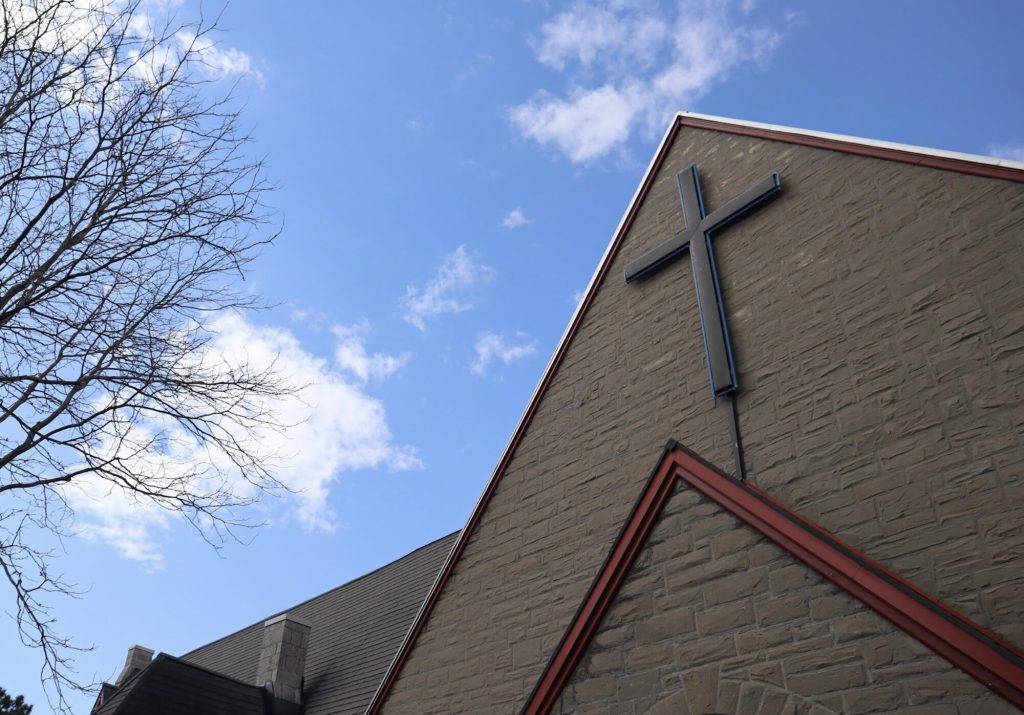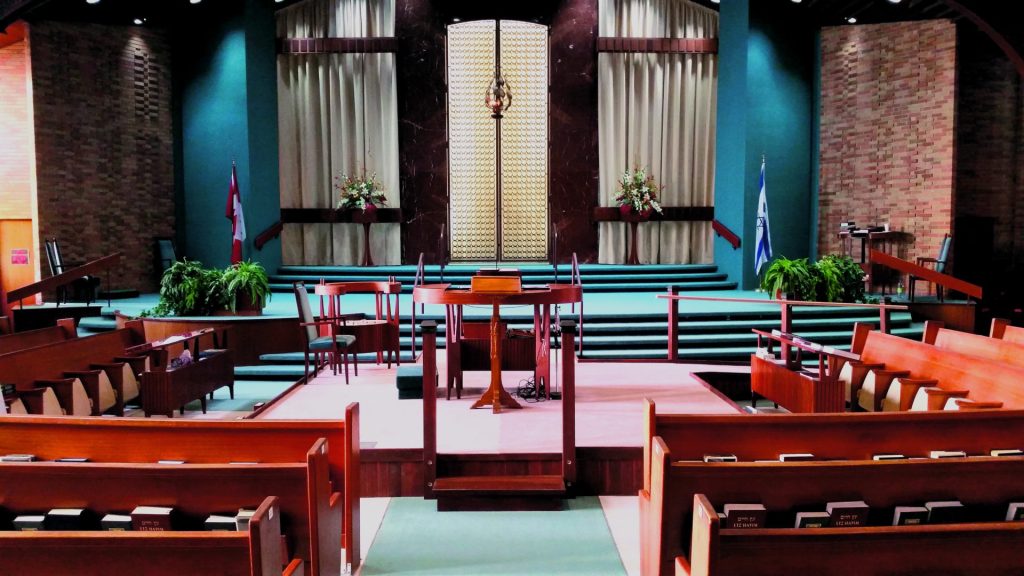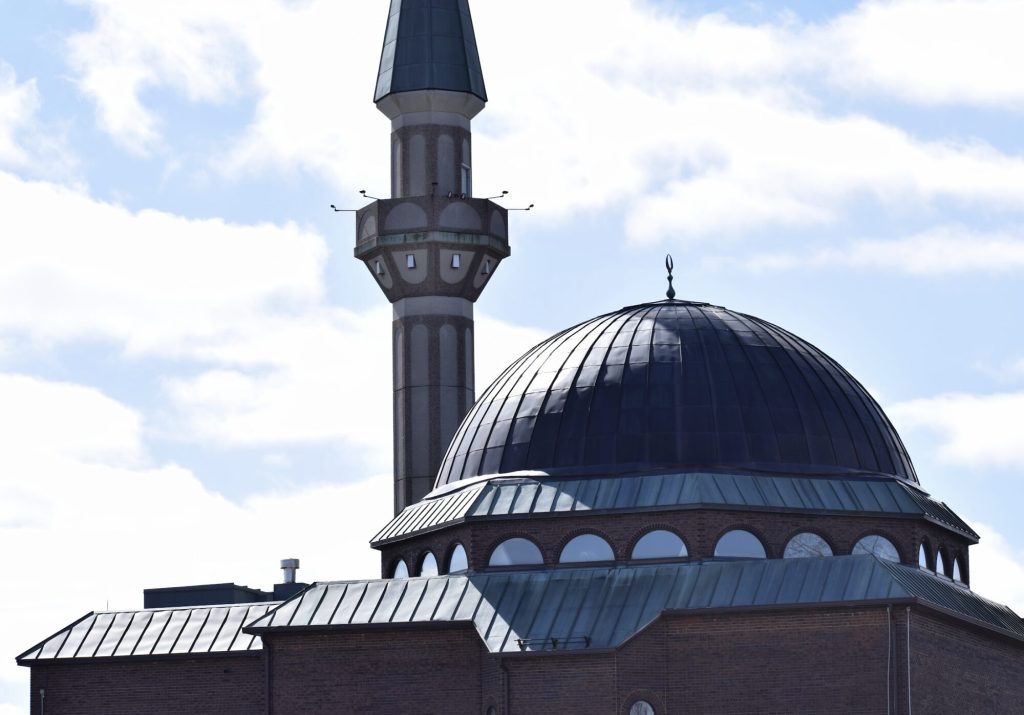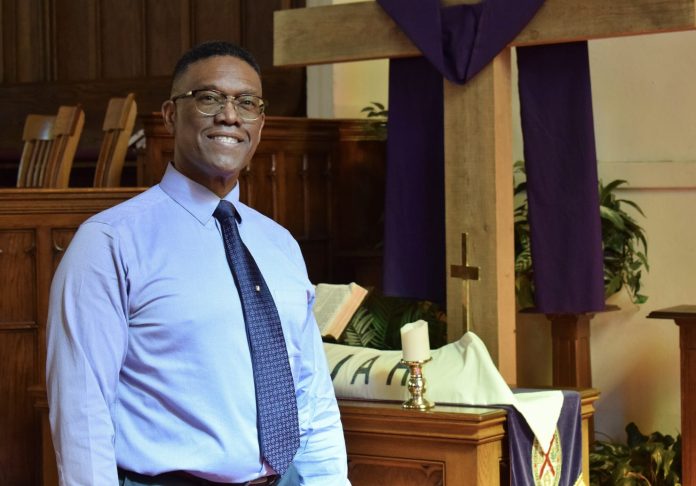By Hannah Wanamaker
As longer days and warmer weather draw near, Ottawa’s religious communities are celebrating and promoting peace.
During this holy time, many seek to renew their beliefs by fasting, exhibiting charitable deeds, and gathering for celebratory meals.
“We have our rituals that remind us of the need to be humble, the need to be loving, the need to be forgiving, and the need to work assiduously to promote justice and equity and care and celebration,” said Rev. Dr. Anthony Bailey of Parkdale United Church.
For Christians, the Easter season is a time to practice compassion and inclusivity as a means of bringing peace. This sacred time begins each year on the Thursday leading into Easter weekend as people meditate on Jesus washing his disciples’ feet and instructing them to love each other as Jesus had loved them.
On Good Friday, communities gather in churches to observe the 14 stages of the Crucifixion depicted in the Stations of the Cross.
His resurrection on Easter Sunday is then celebrated during church services and meals shared among families and communities.
“God has life beyond death and that is what we celebrate during Easter when we celebrate the resurrection of Jesus,” said Bailey.
Another pillar of this spiritual season is inviting others to partake in these celebrations. Bailey said that people feel honoured when they are invited to participate in these communal enterprises.
“People feel like they don’t have to be despairing about things. There’s a certain joy that they can spread to other people – that they can give them hope and encourage them to do the works of justice, and love, and peace, and care.”

Connecting faith
Rabbi Adina Lewittes, a scholar and temporary leader at Kehillat Beth Israel synagogue, said that members of Christianity, Judaism and Islam employ the same values while performing rituals.
“It’s important to note that not only do we share in different ritual practices, but we focus through those rituals – each in our own way – of becoming more intentional about the world we wish to build.”
During the spring season, the Jewish community partakes in two rich, historical celebrations.
The first holiday, Purim, revolves around the survival of the Jewish community living in Persia during the 4th century BCE, told in the Biblical story of Esther. The holiday begins with the fast of Esther, a minor fast from dawn to nightfall, like the fasts of Ramadan.
“It’s the only day in which the Jewish community and the Muslim community were fasting at the same time. It was the Fast of Esther and it was Ramadan,” Lewittes said.
During the holiday, Jews are called to partake in charitable deeds and offer gestures of kindness and generosity to those in need and to those within their community, Lewittes added.

David Sachs, the community relations and antisemitism specialist at the Jewish Federation of Ottawa, described Purim as “one of the more fun events in the Jewish calendar.” Purim begins a day after the fast and ends at dusk the following day.
“It’s a joyous holiday. We’re celebrating the survival [of the Jewish people] and one of the interesting traditions is that it’s a dress-up holiday, so we often get together in costume, even in synagogue,” he said.
Later in April, the Jewish community gathers for Passover – a holiday commemorating the Israelites’ exodus from Egypt. Similar in style to Greek symposiums, families and friends feast, drink glasses of wine, retell the exodus story, and discuss and debate ideas, Lewittes said.
While people of faith are encouraged to share their religious traditions with others, many have experienced religious traditions outside of their circles too.
Sachs added that an “important goal of the Ottawa Jewish community is to continue building bridges with other communities.”
“The Ahmadiyya Jama’at community has hosted an Iftar dinner on Parliament Hill for some years,” he said. “They have always invited members of the Jewish community to join them in this display of brotherhood.”
Fasting together
During the 30 days of Ramadan, Muslims fast from dawn to sundown. Once the sun sets, families and communities gather for Iftar where they break their fasts.
“Ramadan brings the community together and it strengthens the brotherhood between the Muslims in Ottawa. It also cleanses our spiritual connection with our Lord, Allah,” said Mohammed Adi, president of the Ottawa Muslim Association.
The Ottawa Mosque on Northwestern Avenue prepares and serves meals to Muslims and those in need every day during Ramadan.
“We try to make sure everyone has something good to eat,” said Adi. “We start off with dates and soup and then they get a plate of salad, rice, and chicken. There’s trays of sweets and cake.”

Though not all mosques hold an Iftar meal, Adi said that all hold the Darkness to Complete Darkness prayer. The hour-long prayer led by an Imam consists of reciting longer citations from the Qu’ran.
With community and charitable deeds being core tenets of Islam, Adi said that Muslims welcome people to partake in their rituals and traditions to learn more about the faith.
“We invite people and give them a little tour, we have Iftar together,” he said. “This opens the door and people start asking more questions about our religion.”
